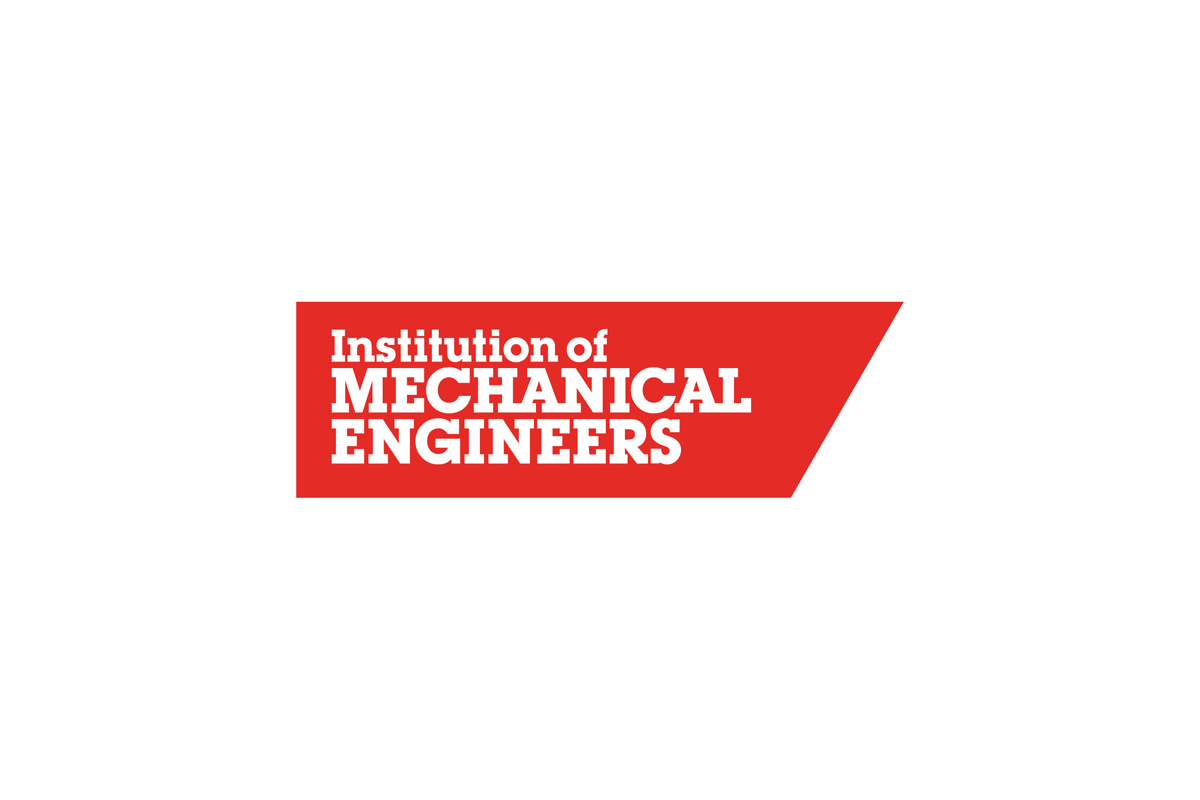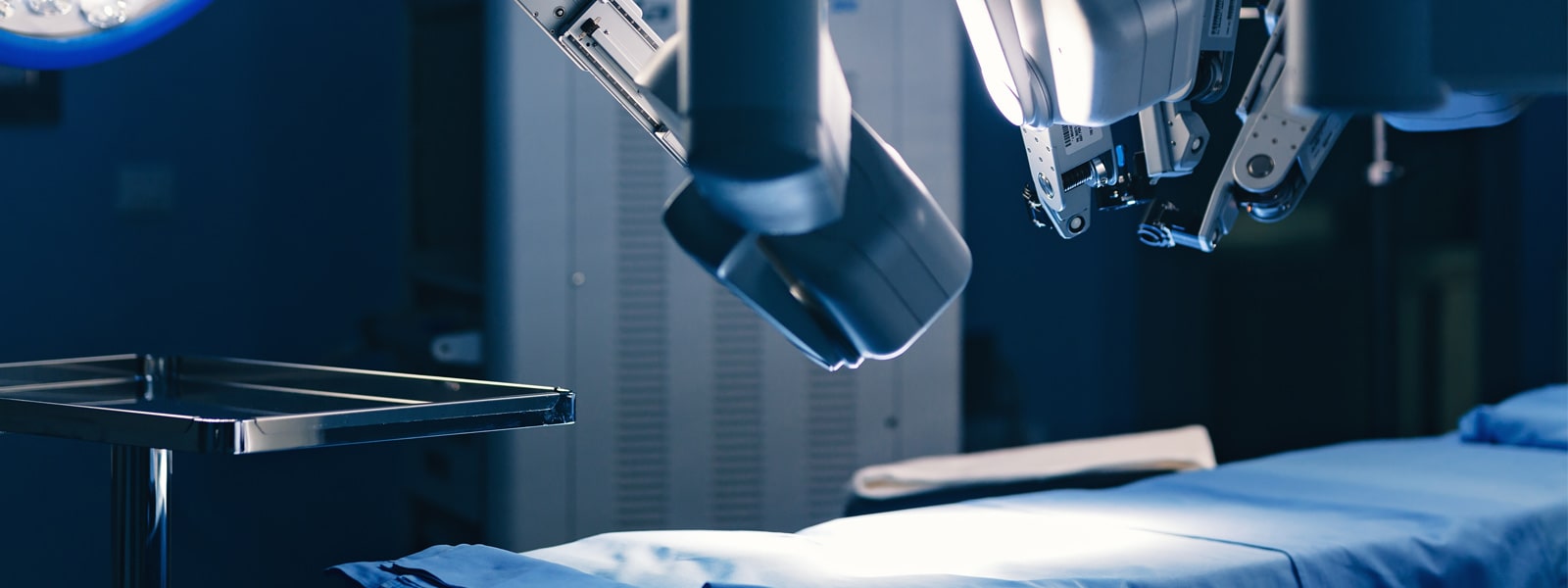Module Overview
Applied Thermodynamics:
Thermodynamics is the science that deals with energy interactions in physical systems. The purpose of this module is to build upon the basic principles that were introduced in Thermofluid 1: Fundamental, and then apply this knowledge to real engineering problems.
Heat Transfer:
Almost every branch of science and engineering includes some kind of heat transfer problem, and there is a need for engineers to have some background in this area. The aim of this module is to provide an introduction to the basic principles and practical applications of conduction, convection and radiation heat transfer. The process of heat transfer is often accomplished by a flowing fluid, and so this module seeks to develop further the Fluid Mechanics covered in Thermofluids at level 1, in order that students can develop their understanding to the point that real world problems can be addressed.
Module Overview
The aim of this module is to consolidate and build on the ideas and skills introduced in level one. Students have the opportunity to develop their ability to model dynamic systems with particular reference to vibration analysis in practical engineering applications.
Module Overview
The aim of this module is to provide students with a firm grounding in Classical Control methods, which will enable them to work with systems and control engineers, and prepare students on the control stream for advanced topics in the level three and four modules.
Students will be introduced to Control in relation to engineering systems, and in particular to develop methods of modelling the control of processes. Techniques are explored with particular reference to common practical engineering problems and their solutions, and the application of SIMULINK in this process.
Module Overview
The purpose of this programme of mathematical study is to give students the opportunity to become more competent in calculations using a range of mathematical tools. The content builds upon that delivered in the first year, and gives students the opportunity to extend their analytical skills by introducing more advanced topics that may form part of the modern engineers skill set.
Module Overview
Students will be introduced to electrical machines and power systems and their practical applications, supported by practical analysis/synthesis methods.
This ability is fundamental for the students with mechanical engineering background, if they are to be able to handle electromechanical problems encountered in real life situations.
Students will further have the opportunity to explore a general methodology for the calculation of electromechanical energy conversion. Students can obtain an appreciation of the features and characteristics of different types of electromechanical machines and drives and their applications.
Module Overview
This module aims to provide an introduction to the subject of industrial engineering.
Industrial engineering is a branch of engineering dealing with the optimisation of complex processes or systems. It is concerned with the development, improvement, implementation and evaluation of integrated systems of people, economic resources, knowledge, information, equipment, energy, materials, analysis and synthesis, as well as the mathematical, physical and social sciences together with the principles and methods of engineering design to specify, predict, and evaluate the results to be obtained from such systems or processes. The various topics include management science, cost and value engineering, business economics and finance, engineering management, supply chain management, operations research, health and safety engineering, operation management.
Module Overview
The content of this module aims to deepen a students’ understanding of engineering in practical applications. Students will have the opportunity to investigate the design process for mechanical, electrical or control components/systems and undertake analysis of the same.
These two strands of the module are brought together in a design project, which will be set by a professional engineering organisation. This major project will give students the opportunity to extend their creative design skills and obtain practical experience of the process of creating sound conceptual solutions through to real design problems within an industrial context. Students can build confidence and gain experience through working within a team with practicing engineers from industry.
Module Overview
This programme of study will extend the ideas and skills introduced at Level 1. Students have the opportunity to learn how to carry out strength and deflection analyses for a variety of simple load cases and structures. Students have the opportunity to understand the simplifications used in such analyses. This course demonstrates the role of stress analysis and failure prediction in the design environment.
Module Overview
The Placement Year constitutes a work placement during an academic year, typically between Levels 2 and Level 3, though it may take place between levels 3 and 4 of an MEng programme. Students wishing to undertake the work placement year must successfully complete Level 2 (and 3 if applicable) of their programme.
The Placement Year aims to give students a continuous experience of full-time work within an organisation. It should be a three-way co-operative activity between employer, student, and University. Work placements enable students to experience at first hand the daily workings of an organisation while setting that experience in the broader context of their studies.
Module Overview
This module provides an opportunity for students to spend a term in the second year studying at one of the University’s partner institutions abroad. Students wishing to take part in this must submit an application to the School discuss why they wish to participate in a study period abroad. A limited number of places will be available each year, and participation is subject to the School's approval.










